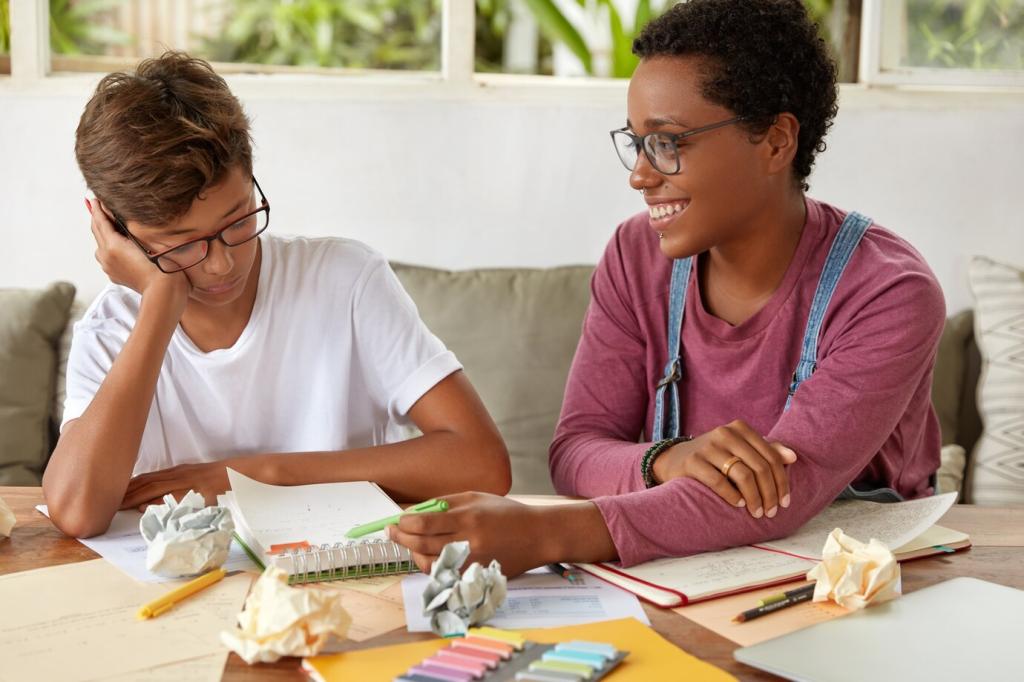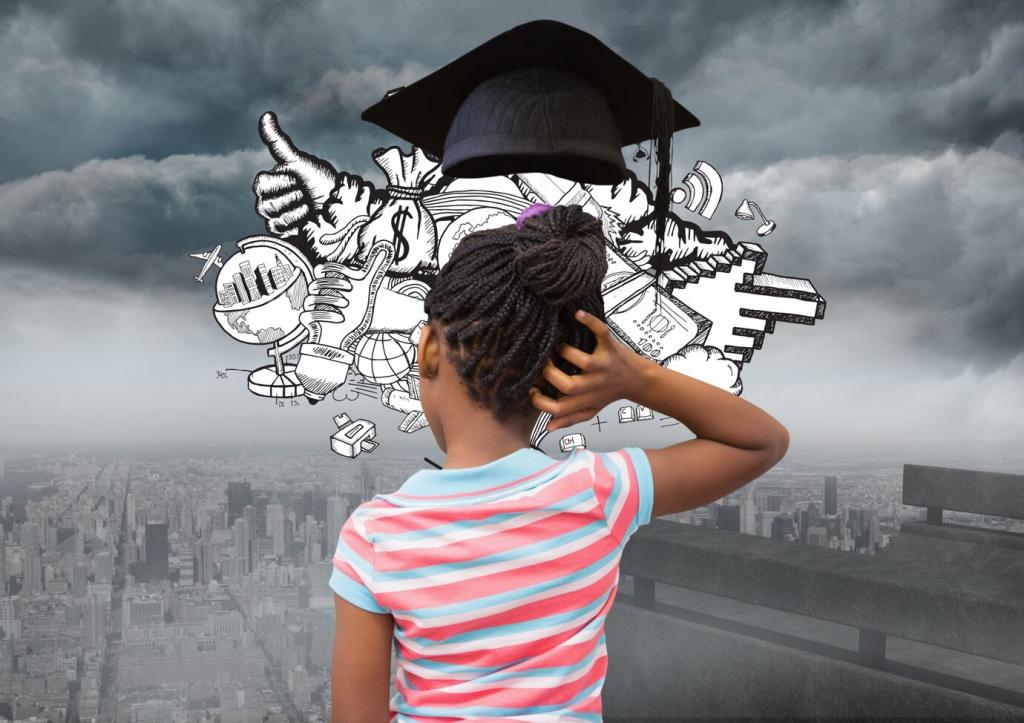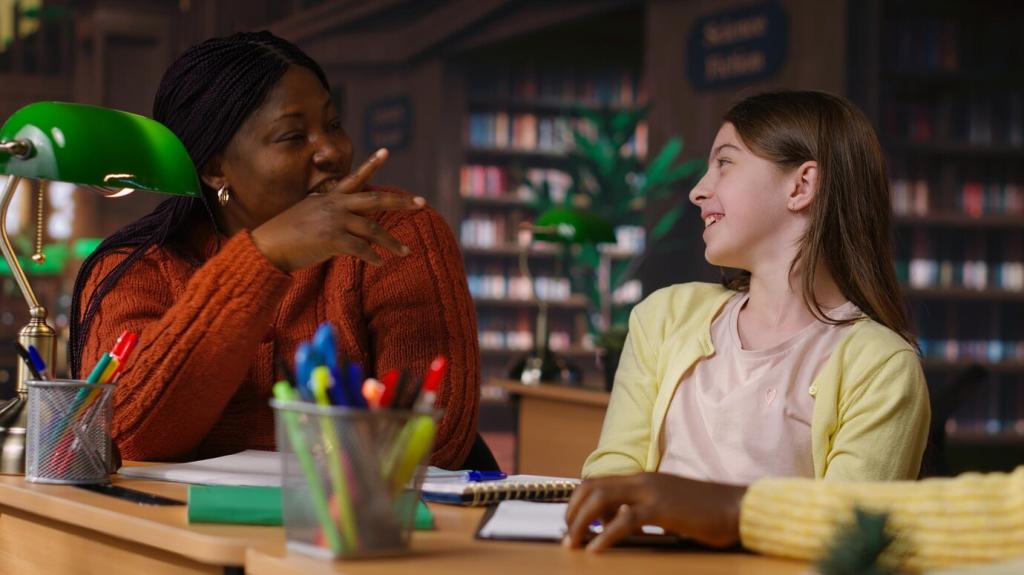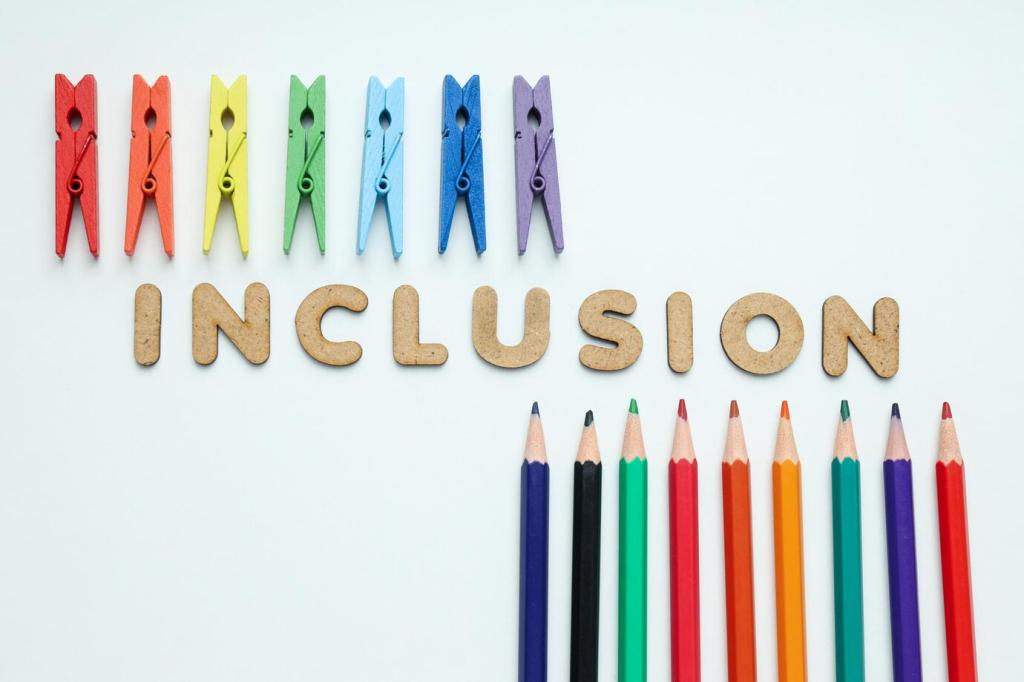Cultural Sensitivity Training: Essentials for Tour Guides

Reducing Misunderstandings
Tiny gestures can speak loudly across cultures. For example, offering items with the left hand can be considered impolite in parts of North Africa and South Asia. Clarifying customs beforehand prevents awkwardness and keeps conversations warm, respectful, and memorable.

Enhancing Guest Satisfaction
Guests feel relaxed when they trust their guide to navigate local norms gracefully. Sensitive explanations, inclusive language, and mindful timing help everyone feel seen and respected, often leading to glowing reviews, heartfelt thanks, and repeat bookings from appreciative travelers.

Protecting Local Communities
Sensitivity shields heritage and daily life. Knowing when a space is sacred, why a rule exists, and how to observe respectfully helps prevent disruption. Your leadership ensures tourism supports, rather than strains, communities that graciously welcome visitors.
Core Principles: Respect, Curiosity, Preparedness
Respect starts with noticing. Removing shoes at sacred sites, covering shoulders where expected, and lowering your voice in places of worship communicate care. Demonstrate first, then invite guests to follow, explaining the meaning behind each custom with empathy.
Core Principles: Respect, Curiosity, Preparedness
Curiosity opens doors, but consent keeps them open. Ask before photographing or probing personal topics. Frame questions gently, and accept “no” graciously. Show guests how to appreciate cultural richness without exoticizing traditions or turning private life into a spectacle.


Communication Across Cultures
Speak clearly, avoid slang, and translate idioms into plain language. Rephrase rather than repeat loudly. Check understanding by asking guests to summarize key points. Tone, pacing, and kindness are your most reliable tools for building trust and clarity.


Communication Across Cultures
Eye contact, personal space, and touch vary widely. In some cultures, strong eye contact shows confidence; in others, it feels confrontational. Model gentle distance, relaxed gestures, and open posture to create comfort without stepping across invisible boundaries.

Religion, Politics, and Personal Questions
Offer balanced context and avoid debates that personalize beliefs. If guests press, steer toward historical background, local perspectives, and reputable sources. Remind your group that learning does not require agreement, only openness and mutual respect.

Photography Etiquette and Consent
Always ask before photographing people, ceremonies, or private spaces. Explain why some communities prefer no images. When allowed, position guests discreetly and avoid blocking pathways. Respect signs, and model gratitude when locals graciously permit photos.
Case Studies from the Field

The Hand Gesture in Athens
A new guide nearly greeted a driver with a broad open palm, unaware that the gesture can be offensive in Greece. A quick intervention, paired with a calm explanation, turned potential conflict into a teaching moment for the group.

Temple Etiquette in Kyoto
During a shrine visit, a guest stepped onto the threshold. The guide gently explained that thresholds and the central pathway are considered sacred. With a respectful bow and repositioning, the group deepened their appreciation for Shinto customs.

Community Visit in Maasai Land
Before entering the village, the guide secured permission, clarified photo rules, and arranged fair compensation for performances. Guests learned traditional greetings, and the community led the narrative. Everyone left with humility and a stronger sense of mutual respect.
Practical Training Toolkit for Guides
Create a one-page brief with key etiquette, phrases, and dress notes. Share it before the tour and revisit during introductions. Guests appreciate expectations set early, and it helps prevent uncomfortable corrections later in sensitive environments.
Practical Training Toolkit for Guides
When unsure, pause and ask: Is this respectful, legal, and safe? Did we seek local guidance? Does this align with community expectations? A short checklist reduces pressure and helps you lead confidently under changing circumstances.


